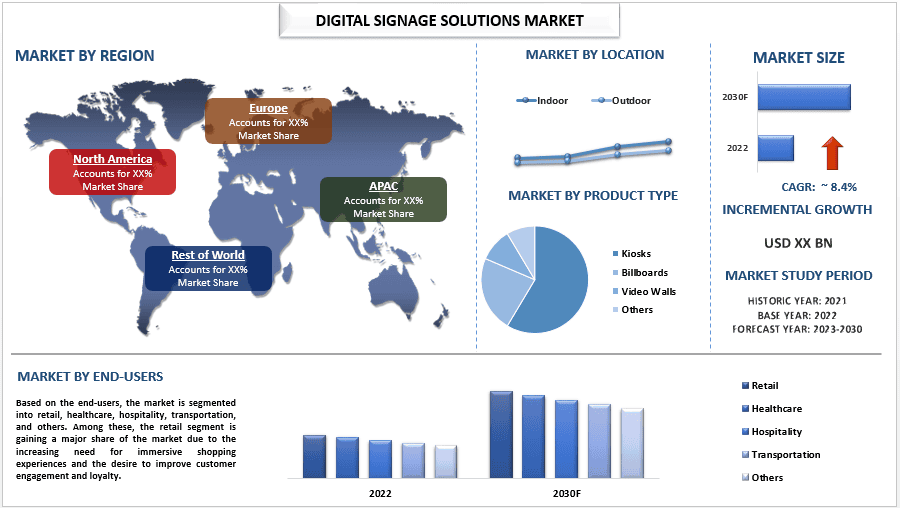Detergent alcohol is a category of highly effective surfactants widely used in household, industrial, and personal care applications. These alcohol-based compounds are typically derived from fatty alcohols such as lauryl, cetyl, or stearyl alcohol and are often combined with ethoxylation or sulfation processes to enhance their cleaning, foaming, and emulsifying properties. Detergent alcohols serve as a critical ingredient in modern cleaning formulations, providing excellent surface activity, solubility, and compatibility with other ingredients.
The importance of detergent alcohol lies in its versatility and efficiency. It functions as a primary or secondary surfactant in products such as laundry detergents, dishwashing liquids, shampoos, industrial cleaners, and personal care formulations. By lowering surface tension, detergent alcohol enables water to penetrate and remove dirt, grease, and oils, enhancing the cleaning performance of everyday and industrial products.
Fatty alcohols are the backbone of detergent alcohols. Derived from natural oils such as palm, coconut, or tallow, these alcohols are modified through ethoxylation or sulfation to create nonionic or anionic surfactants. Nonionic detergent alcohols are known for their mildness, low irritation potential, and excellent emulsifying properties, making them suitable for personal care and cosmetic products. Anionic detergent alcohols, on the other hand, provide strong cleaning and foaming performance, ideal for laundry detergents and industrial cleaners.
Applications in household cleaning are extensive. Detergent alcohols market are used in liquid detergents, soaps, dishwashing liquids, and multi-purpose cleaners. Their ability to emulsify oils, suspend dirt, and generate stable foam ensures efficient cleaning, enhanced user experience, and improved product performance. Additionally, detergent alcohols are compatible with fragrances, dyes, and other formulation components, allowing manufacturers to create aesthetic and functional products.
Industrial and institutional cleaning also benefits from detergent alcohols. They are widely employed in floor cleaners, degreasers, metal cleaners, and sanitation products, where their strong surfactant action removes stubborn grease, oils, and particulate matter. Industrial detergent alcohols often have higher purity and concentration, providing enhanced cleaning efficiency and durability under demanding conditions.
Detergent alcohols in personal care products include shampoos, body washes, and facial cleansers. Here, the focus is on mildness, skin compatibility, and foaming characteristics. Nonionic detergent alcohols are especially popular in formulations for sensitive skin, baby products, and cosmetic applications, where they provide gentle cleansing without stripping natural oils or causing irritation.
Market trends indicate increasing demand for detergent alcohols due to rising hygiene awareness, expanding personal care industries, and growth in household cleaning products. The global push toward eco-friendly and biodegradable surfactants is also driving innovation in detergent alcohol production, emphasizing sustainability, renewable feedstocks, and reduced environmental impact.

